
Ask what would happen if 768 Australians died due to the actions of a mine owner, or a bus company, or an amusement park. If a chorus line of executives fronted an inquiry saying “it wasn’t me” or “I don’t know anything”, how would we respond? If the CEO claimed no knowledge, couldn’t pinpoint who did what, and put it down to a “creeping assumption”, there would be hell to pay. And then some.
Slide down the scale. Just recently, Rio Tinto chief executive Jean-Sebastien Jacques signalled his resignation after the destruction of an Aboriginal heritage site. David Murray resigned as AMP chairman after the board promoted an employee who, several years earlier, was guilty of “relatively modest” breaches of AMP’s code of conduct.

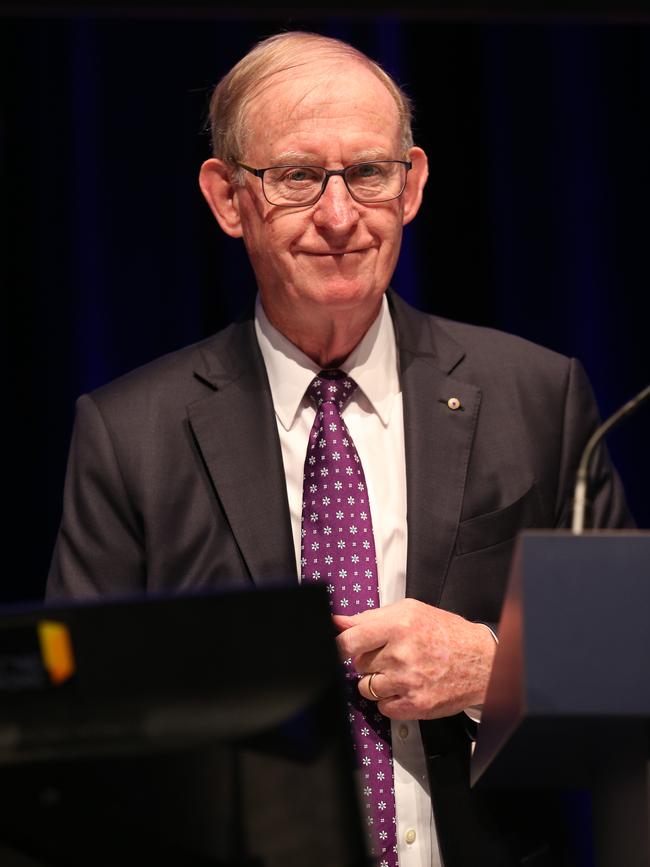
But when Victorian politicians and public servants masterminded a hotel quarantine system using untrained private security guards that, not surprisingly, led to 768 deaths, to say nothing of other damage done, many people simply shrug their shoulders and say, it’s terrible — then wave it away as politics.
Former health minister Jenny Mikakos is a lousy example of ministerial responsibility. She denied she was responsible, blamed her department for not sharing information, and resigned because she said she could not remain in cabinet following the Premier’s testimony on Friday.
Nor has the Premier taken genuine responsibility. He’s still there. Deflecting in front of the Coate inquiry, Daniel Andrews couldn’t say who was responsible for the private security guards. The Premier also dumped on his own chief public servant, Chris Eccles, for not telling him the commonwealth had offered troops to assist with the hotel quarantine program in April.
Though some Labor MPs are privately complaining that Andrews threw Mikakos under the bus, their radio silence aids and abets his Houdini-like escape from accountability.
If we, the people, keep shrugging our shoulders at this as just politics, we accept not just incompetent politicians and their dissembling behaviour, but a dangerous double standard that applies in Australia today. We are allowing politicians to run a protection racket, exempting themselves from basic accountability standards they routinely impose on people who run a business.

Yes, Andrews could get the boot at the ballot box. But that can happen if a leader introduces an unpopular new tax policy. Unless there are more serious consequences, this hotel quarantine disaster will, by our tacit approval, set a new low bar for standards we accept from politicians. And that won’t end well for us.
Politicians and public servants should not have a higher level of accountability than corporate executives. But today the balance is dangerously out of whack.
At civil law, public servants can be liable for acts of misfeasance in public office. But making that case is hard: it requires a high level of knowledge or proof that they didn’t care about the consequences of their actions. Take the live export ban imposed by Labor minister Joe Ludwig in June 2011. The minister was found guilty of committing misfeasance in public office. The judge found he was “recklessly indifferent” to the consequences of the live export ban. But when the crown pays for the damages, where is the accountability?
By contrast, politicians, and the public servants advising them, are never short of suggestions to hold directors and corporate executives to account for their behaviour, imposing very severe penalties. There are 723 sections in the Corporations Law that prescribe criminal penalties for directors, 367 of them carry a term of imprisonment, and 29 sections carry a maximum term of 15 years.
There are also strict liability offences in the Corporations Law where directors must prove their innocence, in addition to 160 other strict liability offences in other commonwealth laws. Directors are also subject to “absolute liability” offences where they cannot rely on an honest and reasonable, but mistaken belief. Liability is also imposed in a raft of “positional” or “managerial” offences where a director is criminally liable for actions committed by a company even if a director was not personally involved in, and did not know of, the act.
The Turnbull government introduced the federal Bank Executive Accountability Regime where bureaucrats can disqualify senior banking executives for breaches of the accountability provisions. Last year, the Morrison government extended this, renaming it the Financial Accountability Regime, to cover insurance and superannuation firms too.
As Robert Gottliebsen reported in this newspaper on Monday, Victoria’s industrial manslaughter laws are among the toughest in the Western world with the aim to jail company directors for deaths in the workplace irrespective of their responsibility or control. And now we know why ministers and heads of departments fronting the Coate Inquiry into Hotel Quarantine couldn’t recall who was responsible for the decision to use untrained private security guards. As Victoria’s Minister for Training and Skills, Gayle Tierney, said in the Legislative Council last November, “the Premier, ministers and departmental secretaries are covered by this new offence”.
But did the Andrews government seriously think that it would be prosecuted? The state’s regulator, WorkSafe Victoria, faces a big credibility test.
As Gottliebsen also reported, the McGowan government in Western Australia is not making the same mistake: it is changing its proposed new industrial manslaughter laws to make sure politicians are not caught.
It is an admission that the proposed laws are so unfair that they must not apply to politicians. Here is the double standard that underpins the protection racket: the McGowan government is saying that a death in the workplace is terrible, unless it involves a politician.
To encourage more sensible policy, the starting point ought to be that politicians do not impose laws with criminal sanctions that they wouldn’t dream of applying to themselves. If laws are based on sound policy, they ought to apply equally to people responsible for workplaces whether they are in the private or public sector.
Our regulatory system is killing our prospects of a fast economic revival. It is so out of kilter that it makes far more sense for someone to join the public service than to take risks by running a company.
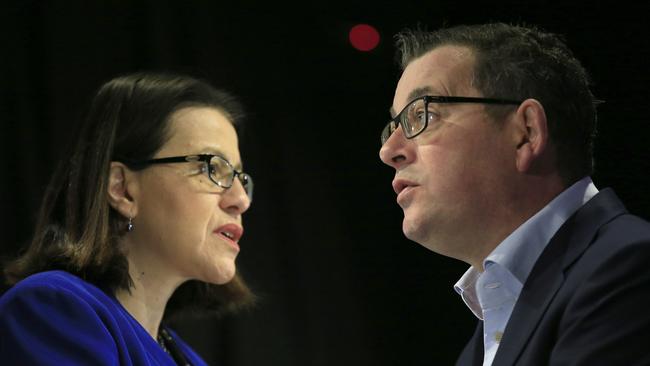
As one of the few politicians who straddled business and politics, Malcolm Turnbull understood only too well how politicians escape accountability. Writing in his autobiography, Turnbull asked: “What have I learned? … A company director who misleads his shareholders could end up in jail or ruined by litigation. Politicians routinely dissemble, the press gallery seldom calls them out, often connives in the deceit and, when they get away with it, praises them for their political skills.”
While Turnbull said a lot of contestable things, this observation is spot-on. And after the biggest public policy failure in Australia in 50 years, it is high time that we demand a fairer reckoning of responsibility and liability when it comes to public servants and politicians. If we don’t, we should prepare for more, not fewer, deadly policy failures.


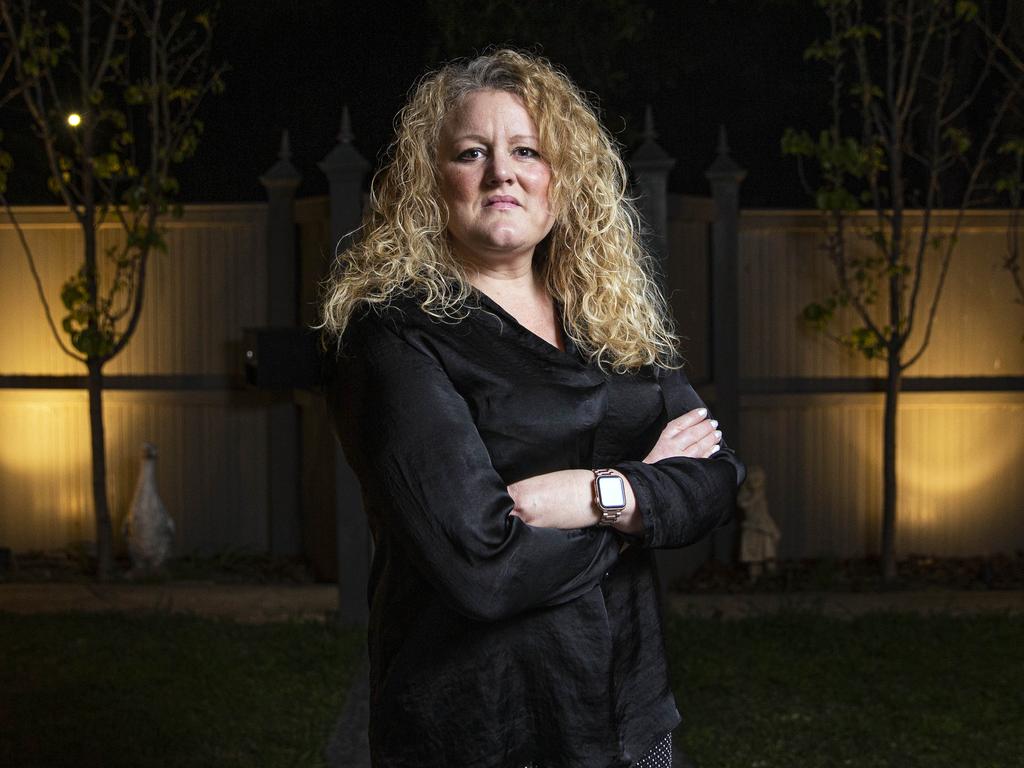
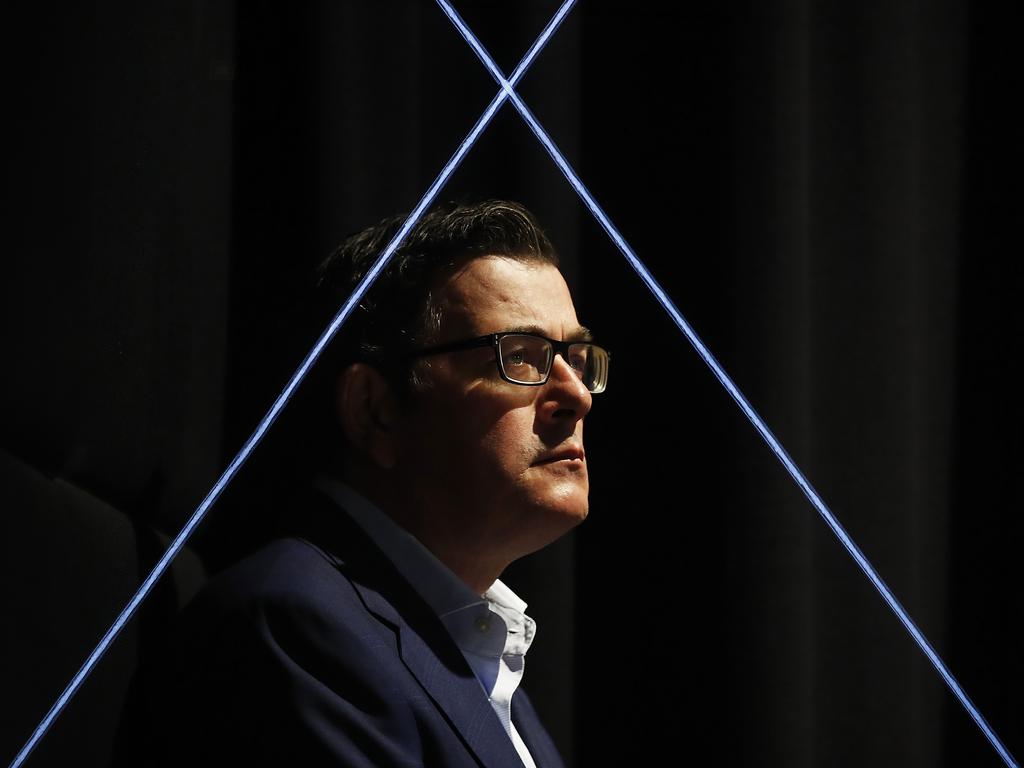

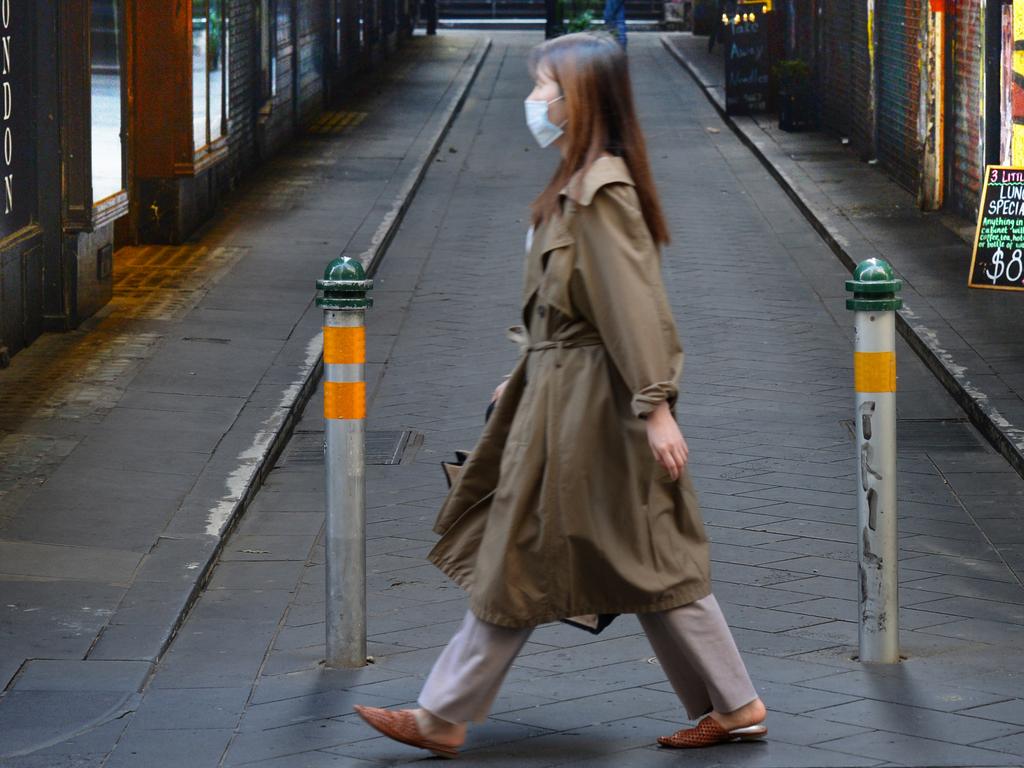


There is a simple way to understand the deadly double standards that apply to public servants and politicians, on the one hand, and directors and corporate executives, on the other.